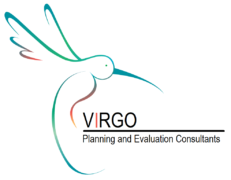Our Services
What We Do
To meet the requirements of our clients, we assign team members to projects according to their expertise and experience. As needed, VIRGO’s Leas Consultant, Dr. Brian Rush, also taps into his extensive network to enlist additional support from experts in a variety of key domains such as Indigenous health and wellness, economic evaluation, technology assessment and digital health. Strong emphasis is placed on working with people with lived and living experience with mental health and substance use-related challenges. Brian is also frequently engaged by other evaluation and management teams as an expert consultant, bringing with him 40+ years of experience in mental health and substance use system planning, program evaluation and performance measurement.
We offer the following services:

Research Synthesis
- Using state-of-the art bibliographic and Internet search tools
- Conducting literature reviews in the health and public health domains
- Conveying the results in both technical and lay language depending on the needs of the decision-makers
Program and Policy Evaluation
Working in close collaboration with relevant stakeholders, including decision-makers, service providers, and people with lived/living experience, we identify and implement a range of evaluation methods, analyses, and reporting strategies according to clients’ diverse requirements for quality improvement and accountability.
- The VIRGO team has extensive experience using different evaluation designs (e.g., objectives-based, process, developmental, summative) and data collection methods (e.g., quantitative, qualitative and mixed methods), to meet clients’ needs.
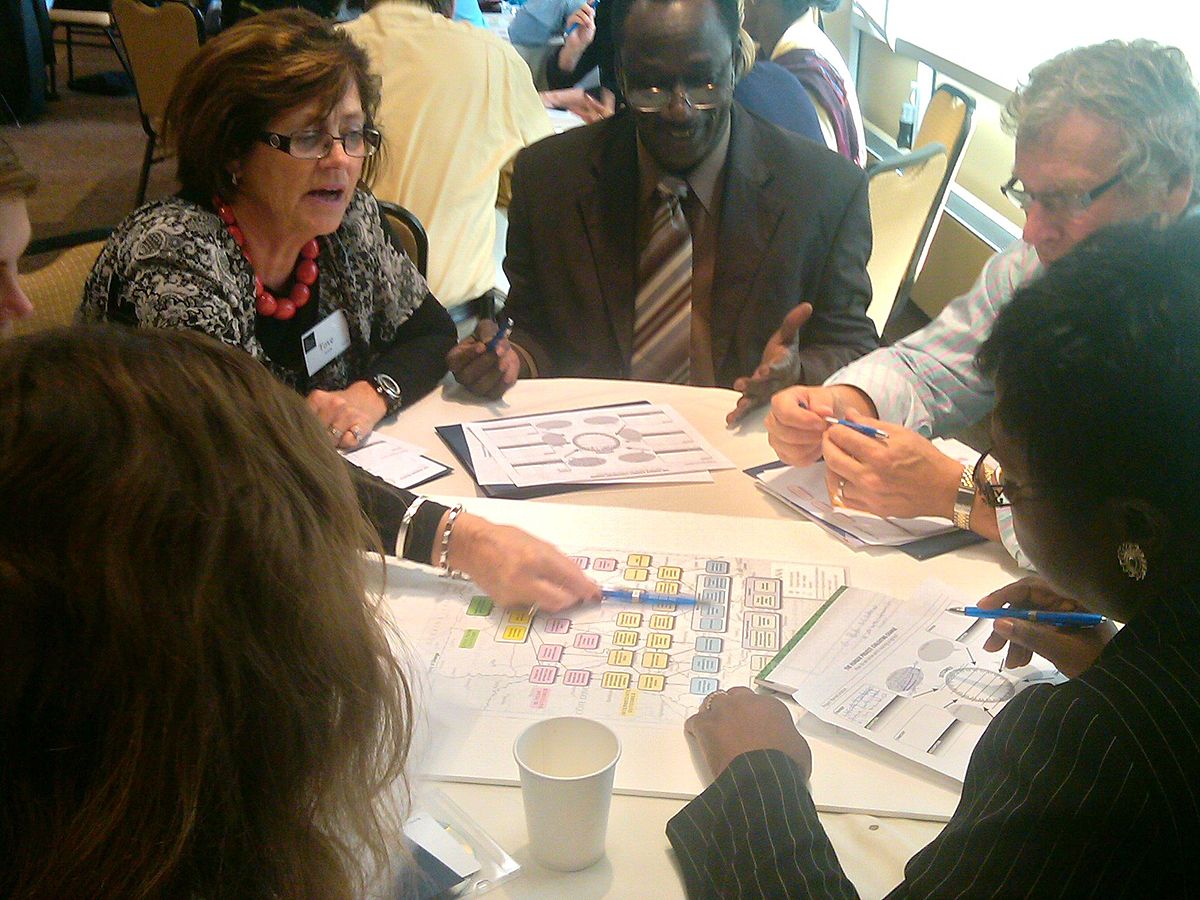

Mental Health and Substance Use Services and System Design and Planning
Drawing on years of experience with health system planning projects in virtually all provinces and territories across Canada, we have developed a set of evidence-informed principles for the design of a treatment and support system for substance use and related mental health challenges to achieve maximum population health impact.
- These system design principles are used as a template to assess service and system strengths and gaps and provide recommendations to improve quality outcomes, including equitable access and overall return on investment.
Facilitation
We help organizations and organizational networks bring people together in collaboration to achieve excellence in health system planning, evaluation and performance measurement.
- We clarify goals and expected outcomes, plan and manage processes, and analyze and summarize the perspectives of the different stakeholders.
- If appropriate, we also conduct environmental scans to assess external context, opportunities and potential challenges that may be relevant to facilitation.
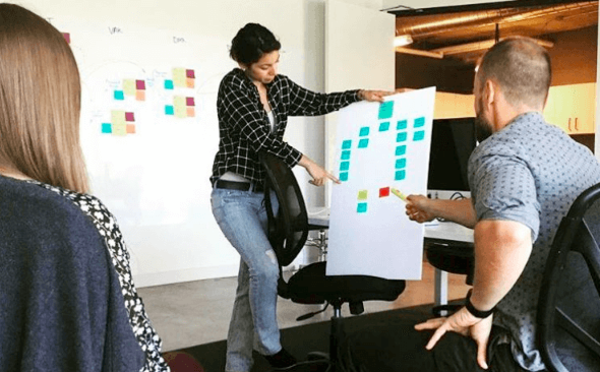
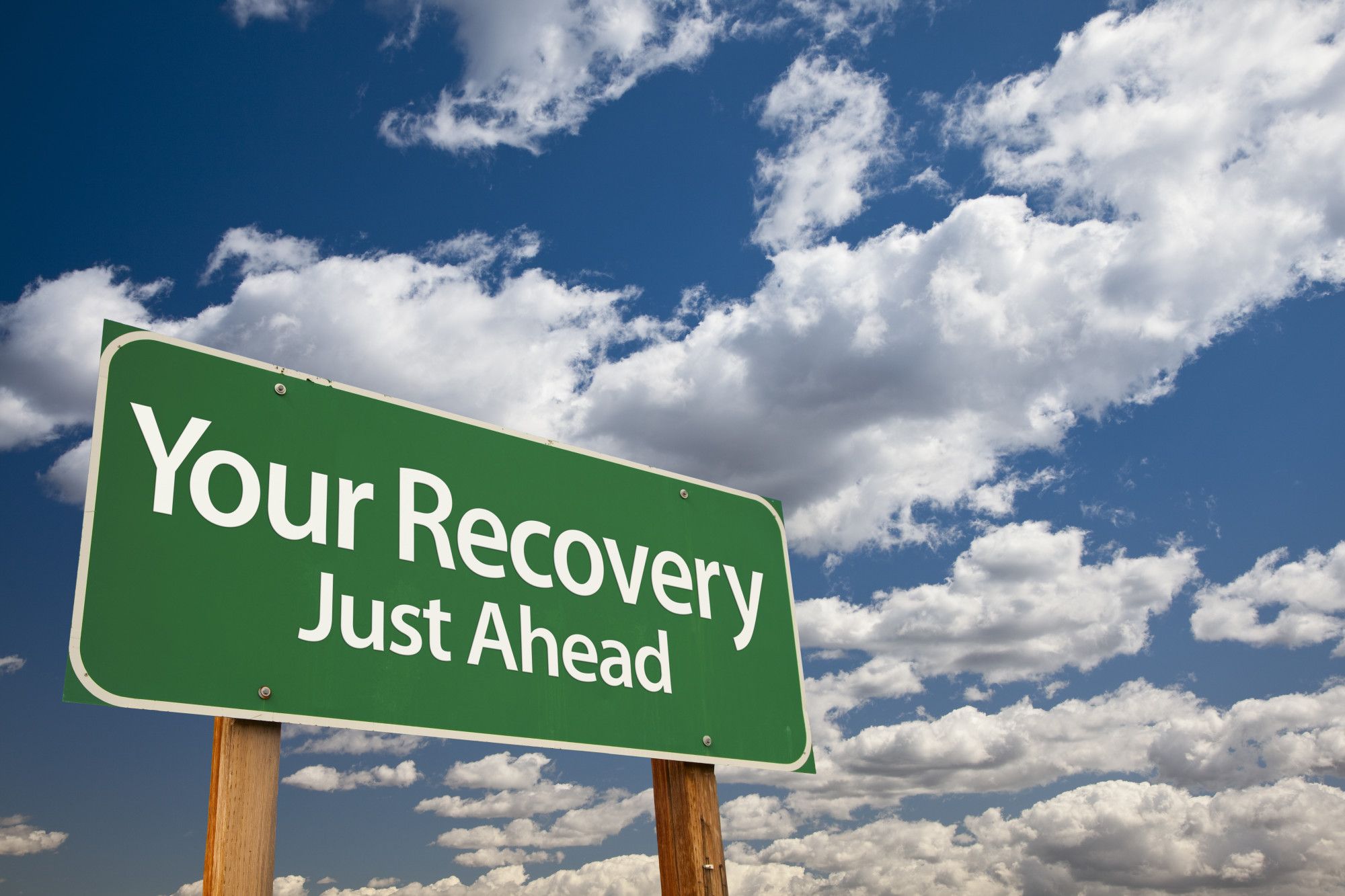
Measuring the Recovery Journey
We are experts in bridging the worlds of research and evaluation through outcome monitoring. We help services and systems define key health outcomes, routinely collect relevant information from clients and service providers at key points in time, and report on results to support individual client’s recovery journeys as well as organizations’ and systems’ quality improvement objectives.
- Our conceptual framework ensures the efficient connection between screening and assessment tools and processes and outcome assessment.
- We support measurement of outcomes during receipt of services (progress reporting) as well as post-discharge
- We use a “return-to-treatment” protocol to encourage clients in need to re-engage in services thereby linking “research” to “extended care and support”.

Performance Measurement
We help organizations and systems measure the extent to which they are meeting their identified goals and objectives. Our work begins with the development of a performance measurement framework that specifies and links broad domains of interest, key processes, relevant to these domains, indicators of success, and sources of information to report on these indicators that are reliable, valid and sensitive to change.
- We emphasize close stakeholder engagement and an iterative approach to ensure that performance indicators and measures are relevant, feasible, actionable and modifiable as organizations change and/or grow.
Logic Models and Theory of Change
Program logic models are an important evaluation tool we offer to clarify the various elements of a program (or policy) and the “theory of change” that links these elements and related processes with short, medium and long-term objectives. Logic models and theories of change help to generate and prioritize evaluation questions, identify appropriate data collection and analysis methods, and inform plans for applying evaluation results.
- Systems thinking and analysis of internal and external contractual factors are also incorporated into evaluation plans.
- Examples are for example, “best”, “better”, and “innovative” programs
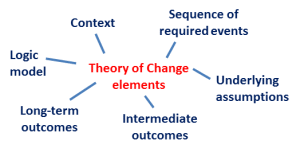

Substance Use/Mental Health Research
Building on Brian’s years of experience in the fields of substance use and mental health, and drawing from a network of expert international colleagues, we conduct research on approaches to treatment and support, including but not limited to, complementary and traditional medicine such as indigenous culture-based approaches (e.g., ayahuasca and other assisted therapy).
- This research employs multiple methods and research designs, including realist evaluation and clinical trials, that are grounded in respect for cultural traditions and capacity-building.
Knowledge exchange and implementation science
We aim to build personal and organizational capacity for needs assessment, program planning and evaluation. The core competency is focused on program logic models and context analysis which then branches to apply the results for evaluation plans, data collection tools, survey design, interviews and focus groups, for example, introductory and more advanced workshops are conducted on a periodic basis in Toronto (schedule) but the workshops can also be tailored to the needs of particular organizations, organizational networks or jurisdictions.
- VIRGO projects often include the use of specific tools for measuring implementation (e.g., the Consolidated Framework for Implementation Research (CFIR) and Health Equity Assessment)

